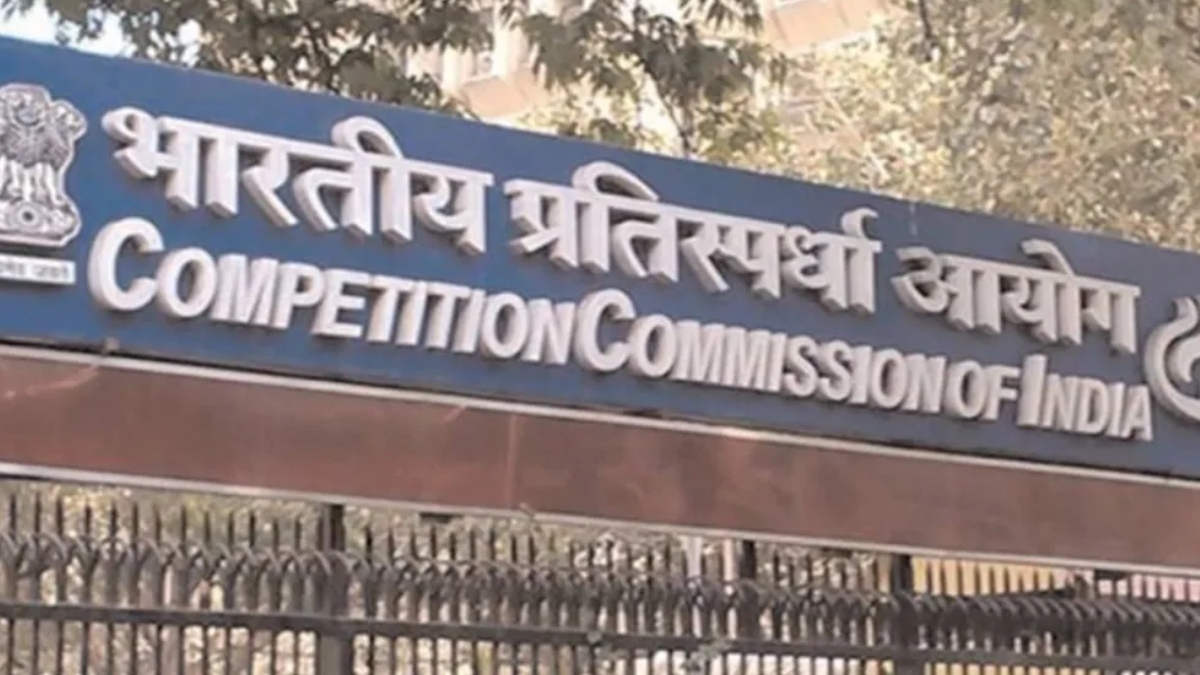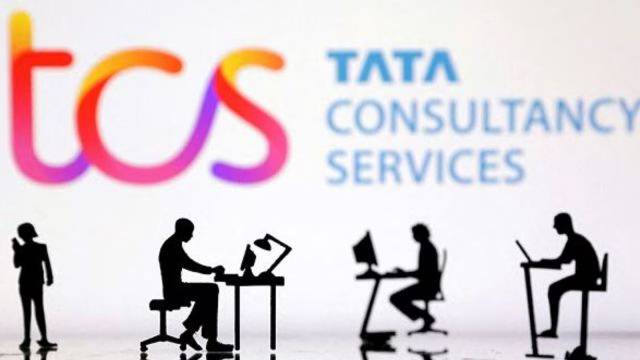On Wednesday, the Competition Commission of India (CCI) cleared Jammu and Kashmir Bank of allegations claiming it engaged in anti-competitive practices. The CCI concluded that the bank’s agreements with various organizations do not constitute a violation of competition laws, highlighting that such arrangements are a routine aspect of banking operations.
Allegations Against J&K Bank
Previously, a complaint was lodged against J&K Bank, asserting that the bank’s partnerships—particularly with the Jammu and Kashmir government, University of Jammu, University of Kashmir, and J&K Police—restricted employees’ choices by mandating them to open accounts solely with J&K Bank for salary deposits. This, the complainant argued, stifled competition within the banking sector.
- Key Allegations:
- Employees were allegedly forced to use J&K Bank for salary accounts.
- Agreements with vehicle manufacturers like Royal Enfield, Maruti Suzuki, and Tata Motors designated J&K Bank as the exclusive loan provider, limiting consumer options.
Dominance in the Market
The complaint also pointed to J&K Bank’s significant market presence, particularly in Kashmir, claiming that it imposes unfavorable conditions on customers. For instance, to access a locker facility, customers are required to purchase a fixed deposit of ₹15,000 for ten years, along with an annual rental fee. This practice appears to contradict Reserve Bank of India (RBI) guidelines, which suggest that a deposit covering just three years of rent should suffice.
CCI’s Decision
In its ruling, the CCI emphasized that banks commonly enter into agreements based on mutual consent and that such collaborations are standard practice in the financial sector. The commission noted that the primary aim of the agreements between J&K Bank and governmental bodies was to provide tailored banking services to public sector employees.
- Key Insights from the CCI:
- No evidence of prohibition exists against entities and banks forming agreements.
- The intention behind the agreements was to enhance banking services for government employees.
The CCI’s findings underscore the necessity for a balanced understanding of competition laws within the banking sector while also recognizing the commonality of such business arrangements.











